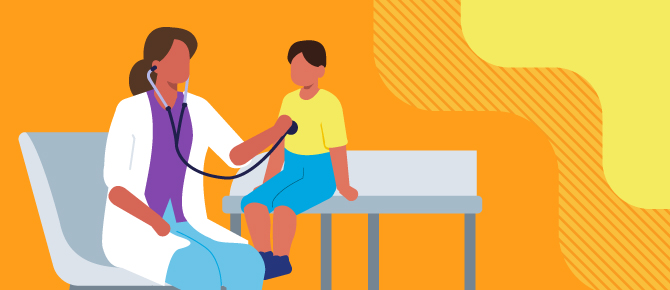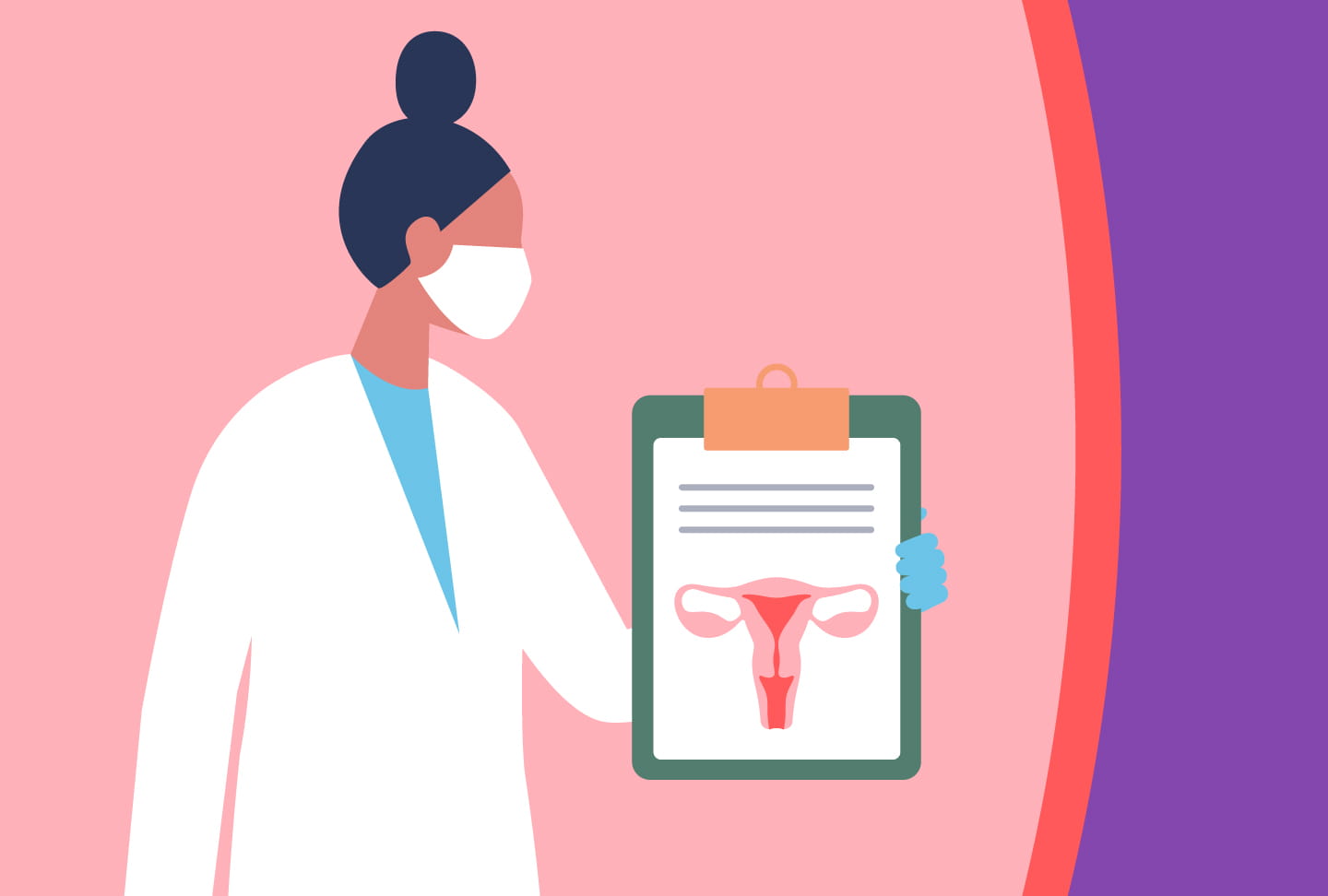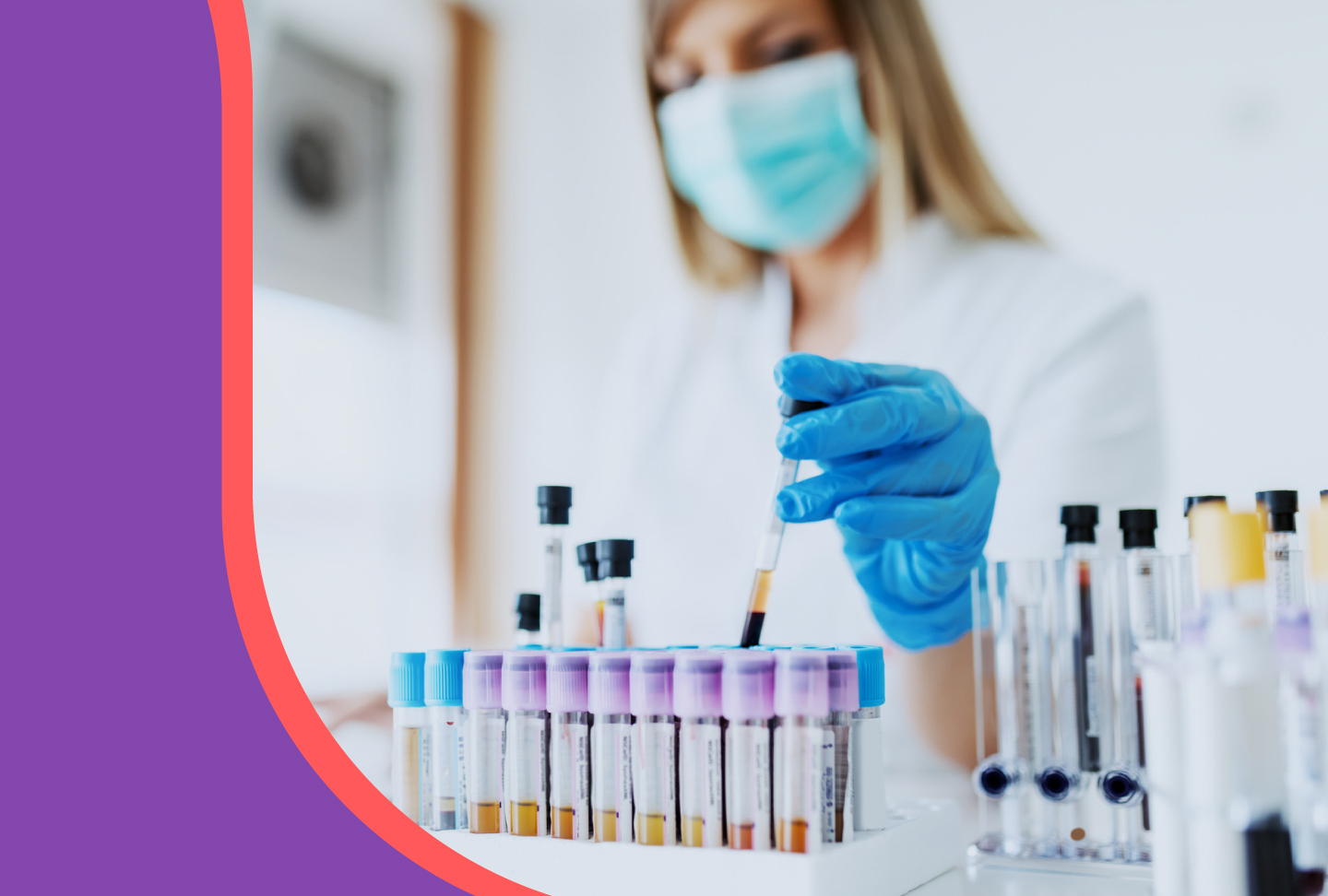Well Starts with Well Stats
Whether you need a wellness exam, health screening or other preventative testing, get to know your latest health numbers so you can be well at any age and stage of life.
Preventative Care
Everyone wants to be healthy and live life to the fullest — and the best way to achieve that is by establishing a primary care physician, having a yearly check-up and tracking your health stats.
An annual wellness exam isn’t just another medical appointment. It’s your opportunity to partner with your Wellstar primary care provider and create a personalized health plan.
Everyone ages 3 and older should get a health check-up at least once a year. Newborns and children under the age of 3 as well as people with certain chronic conditions may require more frequent visits. It’s important to consult with your provider to get a tailored care plan and appointment schedule based on your unique needs.
Suggested Screenings
Types of Screenings
|
|
Know Your Risk
Early detection saves lives. Preventative screenings and genetic testing can help you take control of your well-being by identifying health risk factors and catching potential diseases at the start.Heart screenings
Know Your Heart is a prevention and early detection program to determine an individual's risk for heart disease, stroke and other serious conditions, such as high blood pressure or high cholesterol. After the screening, each person receives an individualized health report. We will provide risk-factor education as well as diet, weight and exercise recommendations to help you live heart healthy.Cancer screenings
Conquer cancer before it starts. Cancer screenings for breast, cervical, colorectal and prostate cancers can help find diseases early, when they are more treatable. Lung cancer screening is also recommended for individuals at high risk.Talk to your provider about your family history, risk factors and health status, so they can help create a personalized cancer screening plan for you.
Genetic risk assessment
Genetic Risk Assessment Program determines if you may develop or carry certain genetic disorders. Whether you’re concerned about your medical history or planning to start a family, genetic testing can identify potential hereditary risks and give you a better picture of your health.These screenings include your Foundational 4 numbers:
- Body mass index (BMI): This metric for a healthy weight should be between 18.5 and 24.9.
- Blood pressure (BP): The healthiest reading is less than 120/80 mmHg.
- Blood glucose (BGL): A healthy blood sugar level is less than 140 mg/dL.
- Blood cholesterol (LDL/HDL): For women and men, an ideal low-density lipoprotein is less than 100. For women, the best high-density lipoprotein reading is 50 or higher and for men, 40 or higher.
Depending on your age, gender and family medical history, your Wellstar primary care provider may order additional screening for certain cancers, heart disease or other serious illnesses.















